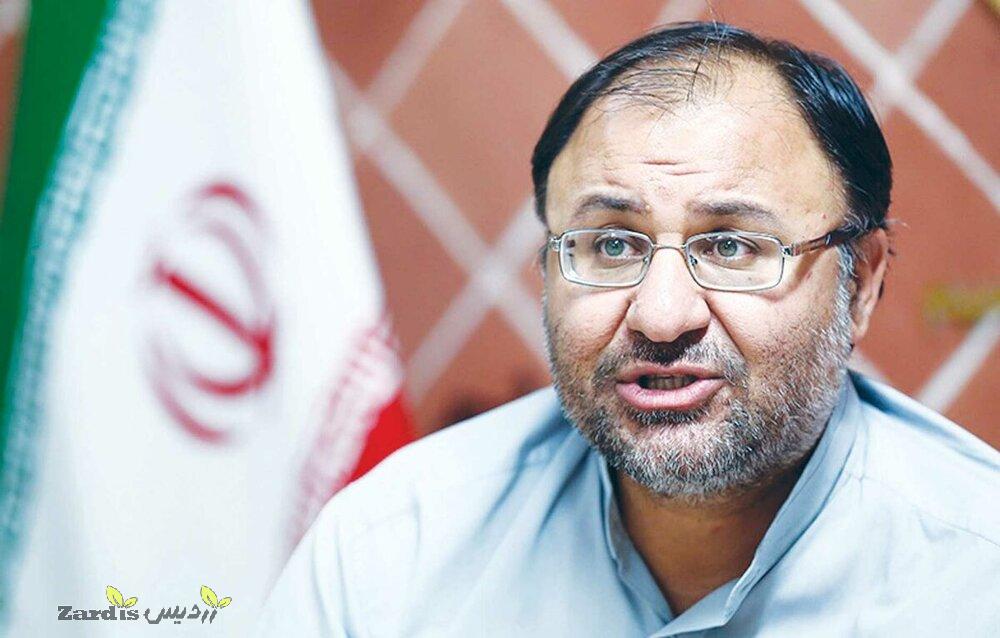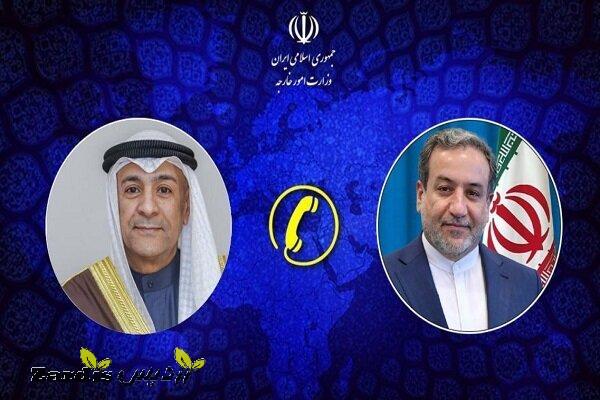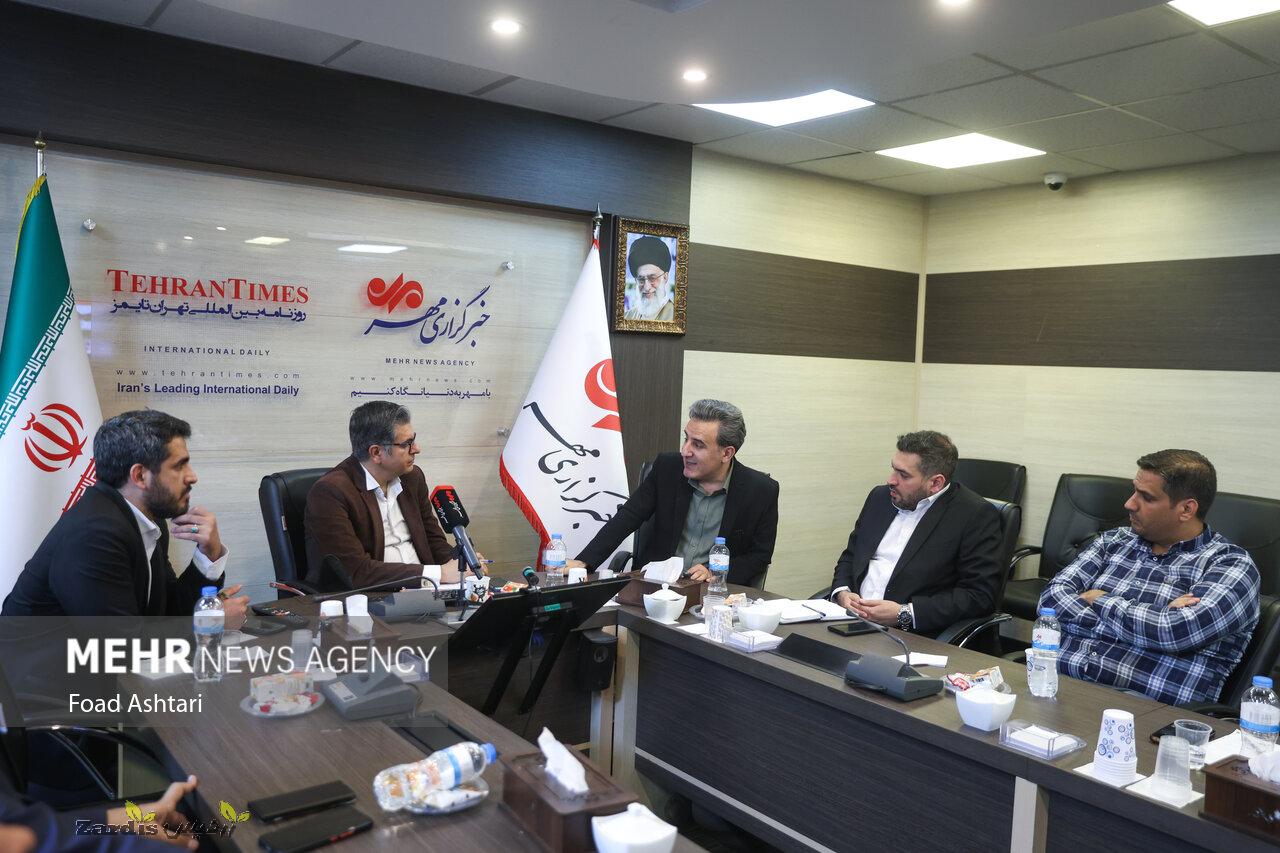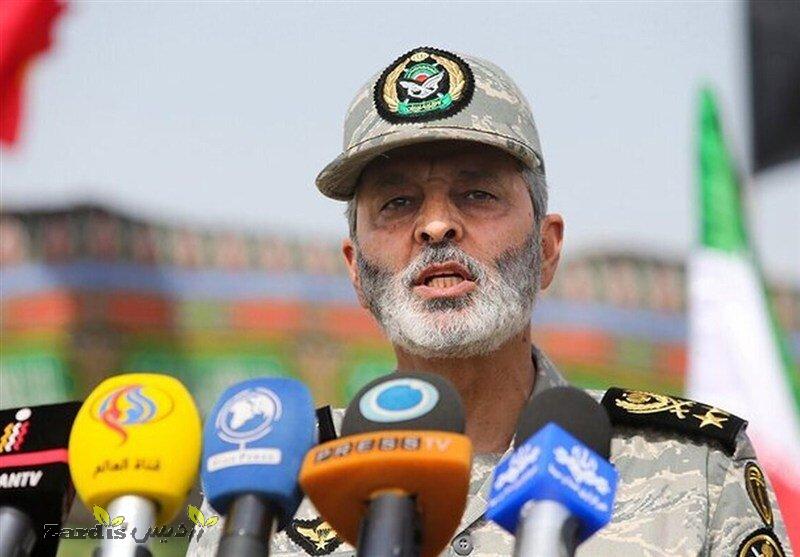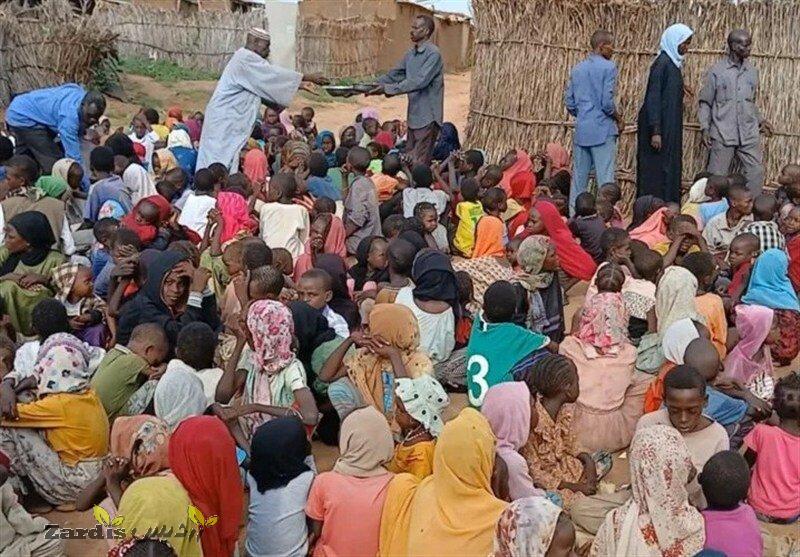TEHRAN — A faculty member of the University of Tehran says attempts by the U.S. and its European allies to include Iran’s defense missile program and Iran’s regional influence in a possible revitalization of the 2015 nuclear deal, which he describes as JCPOA-2 and JCPOA 3, have been nullified.
“The U.S. and Europe tried” to “add missile and regional issues to this deal, as complementary parts of the JCPOA, or so-called JCPOA-2 and 3,” Mohammad Sadeq Koushki said in an interview with the Mehr news agency on Wednesday.
Koushki added, “They sought to reduce all areas of our authority to a minimum and even to the point of destruction.”
Regarding the statement by the European troika (Germany, France and Britain) and the United States against Iran on October 30, he said “the condition for advancing the negotiations” should be based on a “goodwill” by the European parties.
However, he said, issuing “threatening statements” against Iran is not “compatible with goodwill”.
The analyst went on to say that after the formation of the new Ebrahim Raisi administration, sanctions against Iran have gradually lost their effectiveness.
“The thirteenth administration will link the country’s economy to national production, and sanctions will not have their effect. On the other hand, the Islamic Republic’s insistence on full implementation of the JCPOA and commitments of the United States and Europe has completely neutralized their idea of forcing our country to accept JCPOA-2 and 3,” the political expert highlighted.
He added: “Now our nuclear power has not reached zero and we have no desire for JCPOA-2 and 3 and we also consider the acceptance of the missiles and regional issues in the JCPOA contrary to national security and national interests.”
Obviously, all the efforts made by the United States and the Europeans over the last eight years are now being neutralized and this has angered them, he maintained.
Of course, Koushki said, like all previous times they claimed in their statement that Iran is seeking to produce nuclear weapons.
The professor went on to say that since they are not able to challenge the pillars of the Iranian power, they raise the nuclear issue and hope that with this political and propaganda pressure, as well as by adding to the list of sanctions, they would be able to activate a protest movement inside Iran which can derail the policy that the current administration has adopted and somehow return the country to the negotiating table and accept American and European demands.
The international affairs analyst added: “In the current situation, the first point that our negotiating team should take into account is to warn the European parties that if they want to divert the negotiation path with propaganda and political moves like this statement, naturally negotiations cannot go ahead.”
Koushki added: “If they do not have the goodwill to negotiate and are trying to proceed with psychological warfare and diplomatic pressure, there will be no need to negotiate.”
Iran is set to announce that the date for the resumption of the Vienna nuclear talks in the current week. Iran’s new chief nuclear negotiator Ali Bagheri announced on October 27 that the talks will begin before the end of November. He made the announcement in a tweet after his meeting in Brussels with Enrique Mora, the European Union’s political director who acts as coordinator of the nuclear talks.
- News code 36222
- 361 View
- بدون نظر
Zardis news | The latest news of Iran and the world
تمامی حقوق مطالب برای Zardis news محفوظ است و هرگونه کپی برداری بدون ذکر منبع ممنوع می باشد.
طبق ماده 12 فصل سوم قانون جرائم رایانه ای کپی برداری از قالب و محتوا پیگرد قانونی خواهد داشت.
طراحی و اجرا: سامانه سایت ساز زردیس



